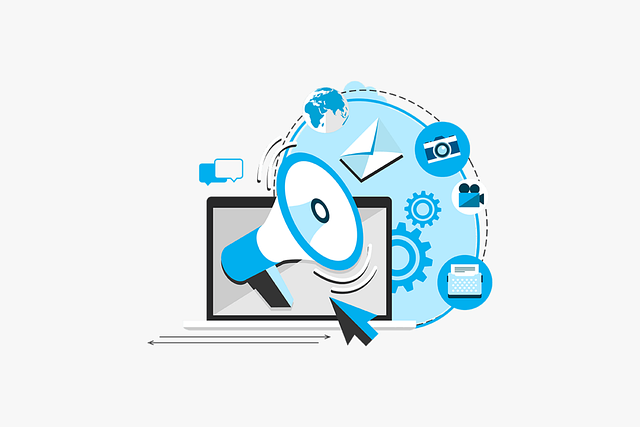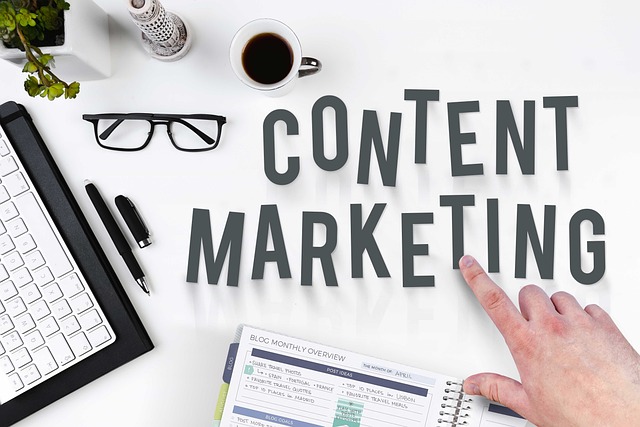In the dynamic landscape of sales and marketing, artificial intelligence (AI) emerges as a transformative force, empowering organizations to deliver personalized, data-driven experiences that resonate with customers on a deeper level. With the advent of advanced machine learning algorithms, natural language processing (NLP), and predictive analytics, AI-powered personalization is reshaping the way businesses engage, convert, and retain customers in the digital age. Let’s explore the latest trends and applications of AI-driven personalization in sales and marketing.
Harnessing the Power of Data: AI-powered personalization relies on vast troves of customer data collected from various touchpoints, including websites, mobile apps, social media, and transaction histories. Through sophisticated data analytics and machine learning techniques, organizations can gain actionable insights into customer behavior, preferences, and purchase patterns, enabling them to tailor marketing messages, product recommendations, and promotional offers with precision and relevance.
Dynamic Content Personalization: One of the key applications of AI in sales and marketing is dynamic content personalization, where algorithms analyze user interactions and demographics to deliver hyper-targeted content in real-time. By leveraging AI-driven recommendation engines, personalized email campaigns, and website personalization tools, businesses can create immersive and engaging experiences that resonate with individual preferences and drive conversion rates.
Predictive Customer Analytics: AI-powered predictive analytics enables organizations to forecast customer behavior and anticipate future trends with unprecedented accuracy. By analyzing historical data and identifying patterns, AI algorithms can segment customers based on their likelihood to purchase, churn, or engage with specific marketing initiatives. This enables businesses to optimize marketing spend, allocate resources more effectively, and tailor campaigns to target high-value customer segments.
Conversational AI and Chatbots: Conversational AI platforms and chatbots are revolutionizing customer engagement by providing personalized assistance and support around the clock. Through natural language processing and machine learning, chatbots can understand customer inquiries, provide relevant information, and even complete transactions autonomously. By integrating chatbots into sales and marketing channels, businesses can streamline customer interactions, enhance user experience, and drive customer satisfaction.
Ethical Considerations and Privacy: While AI-driven personalization offers numerous benefits, it also raises ethical considerations surrounding data privacy, transparency, and consent. Organizations must prioritize data security and compliance with regulations such as GDPR and CCPA to protect customer privacy and mitigate the risk of data breaches. Moreover, transparent communication about data usage and personalized experiences is essential to build trust and foster positive relationships with customers.
The Future of AI-Powered Personalization: As AI technologies continue to evolve, the future of sales and marketing will be increasingly driven by data-driven insights, automation, and hyper-personalized experiences. By embracing AI-powered personalization, businesses can gain a competitive edge in an increasingly crowded marketplace, forge deeper connections with customers, and drive sustainable growth in the digital economy.
Conclusion: AI-powered personalization represents a paradigm shift in sales and marketing, enabling businesses to deliver seamless, relevant, and meaningful experiences to customers across channels. As organizations harness the power of AI-driven insights and automation, they must remain vigilant about ethical considerations and prioritize customer trust and privacy. By embracing AI as a strategic enabler, businesses can unlock new opportunities for innovation, engagement, and value creation in the ever-evolving landscape of sales and marketing.



